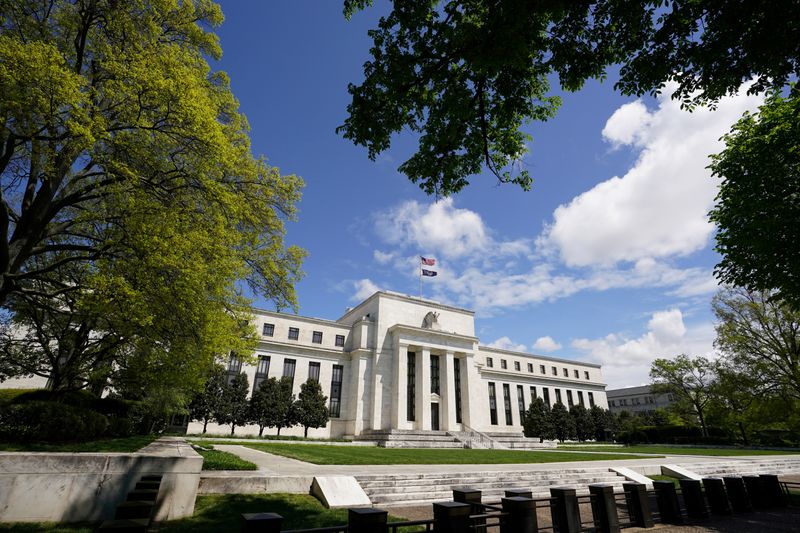By Jonnelle Marte
(Reuters) - The coronavirus pandemic changed the way U.S. consumers use credit, as lower interest rates spurred a boom in home buying and refinancing and virus-related shutdowns led to a drop in credit card use and an increase in paying off debt, according to a report released on Wednesday by the New York Federal Reserve.
Total household debt last year increased by $414 billion to $14.56 trillion at the end of December, the New York Fed found in its quarterly household debt and credit report.
"The COVID pandemic and ensuing recession have marked an end to the dynamics in household borrowing that have characterized the expansion since the Great Recession, which included robust growth in auto and student loans, while mortgage and credit card balances grew more slowly," New York Fed researchers wrote in a supplemental blog post published on Wednesday. "As the pandemic took hold, these dynamics were altered."
Mortgage balances, which make up the largest share of household debt, grew by $182 billion in 2020 - the largest increase since 2007.
Home buying and refinancing took off last year after the Federal Reserve slashed its key overnight interest rate to near zero to fight the economic fallout from the pandemic, leading to lower mortgage rates. A massive shift to working and learning from home also bolstered the housing market, as some families searched for properties with more living space.
Credit card balances increased by $12 billion in the fourth quarter but balances were still $108 billion lower from a year earlier - the largest yearly decline since the report was launched in 1999.
The year-over-year drop is a sign that many credit card holders reduced spending and used pandemic relief checks to pay down their card balances, researchers said. That is in line with earlier research https://libertystreeteconomics.newyorkfed.org/2020/10/how-have-households-used-their-stimulus-payments-and-how-would-they-spend-the-next.html from the New York Fed that found 35% of direct payments received last year were used to pay down debt.

Meanwhile, auto loan balances increased by $14 billion during the fourth quarter and student loan balances rose by $9 billion, the New York Fed's latest report showed. In total, all household debt not related to housing - including credit card debt, auto loans, student loans, and other debts - increased by $37 billion during the fourth quarter but was still below pre-pandemic levels seen at the end of 2019.